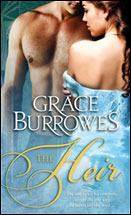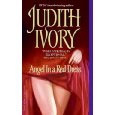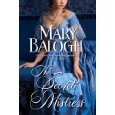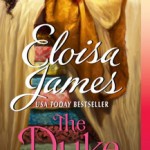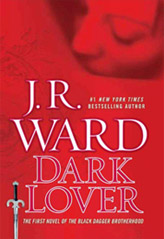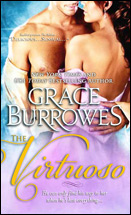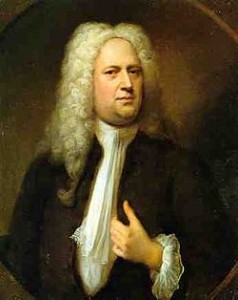While waiting for my mom to get ready for a trip to the grocery store, I passed the time by perusing the San Diego Union Times. I saw an article go by that described a book touting the idea that in addition to everything else our hurry-up, go-go, do-do lifestyle is  costing us, it’s also tempting us into more and more stupid decisions.
costing us, it’s also tempting us into more and more stupid decisions.
I regret I cannot recall the name of the book, but it purported to be a well supported, scientific case for the idea that the best decisions are the ones made with the greatest deliberation, just short of waiting too long. This flies in the face of much that we hear:
Your first choice is usually correct.
He who hesitates is lost.
Just do it.
By contrast, the author pointed out something I think should be obvious to everybody who’s ever started doing the homework assignment before the teacher finished explaining it (only to find when they get their grade that they did it wrong): Good decisions are made based on good information. Ergo, the longer you sit with a choice, gathering data about the options, pluses and minuses and your reactions to them, the more likely you are to make a good decision for you.
 My editor may be on to the same reasoning, because she has challenged me with my next book (about Sebastian and Milly, whom you haven’t met and I’m just getting to know), to up my craft. Madam Editor says to take my time, to nibble and nosh my way through this book, not set the world on fire with a land speed record.
My editor may be on to the same reasoning, because she has challenged me with my next book (about Sebastian and Milly, whom you haven’t met and I’m just getting to know), to up my craft. Madam Editor says to take my time, to nibble and nosh my way through this book, not set the world on fire with a land speed record.
The result so far (about ten percent done), is a process I’m enjoying very much. I made myself figure out the entire general plot before I worked on the opening scene (thank you, Kansas). I don’t start a scene until I know what makes it an “uncuttable” addition to the book. When I write the scene, I’m mindful to put that uncuttable aspect as close to the end of the scene as I can, and I’m trying to make the writing vivid, precise and wracked with tension.
This is fun. Instead of telling myself, “If I average 3000 words a day, I can finish a draft in a month,” I’m telling myself, “It’s not done until you say it’s done, so take your time, and write the heck out of it.”
 We’ll see if I can sustain this approach for an entire book, and what the results are. My next step is to figure out what about impulsive decisionmaking is so attractive, and how I can slow the process down to improve its results.
We’ll see if I can sustain this approach for an entire book, and what the results are. My next step is to figure out what about impulsive decisionmaking is so attractive, and how I can slow the process down to improve its results.
Do you have any rules of thumb regarding decisions? Do you wait twenty-four hours if it involves money? Always consult your spouse if it’s kid-related? Put off until tomorrow if you can?
To one commenter below, I’ll send a signed copy of the Advanced Reader Copy for “The Bridegroom Wore Plaid,” or the Grace Burrowes book of their choice.








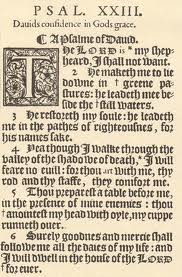
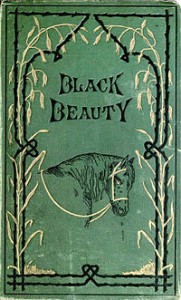
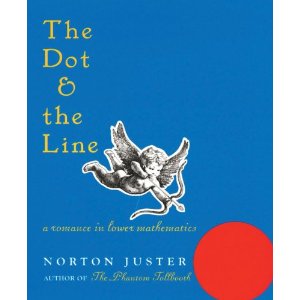
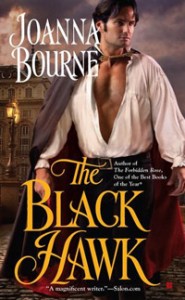
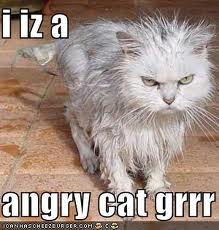

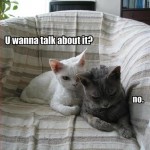
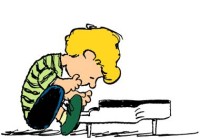
 I had dinner with a good friend the other night, and in the course of the conversation, the question came up that blights many an otherwise sanguine exchange with a romance aficionado: Why do you women read that stuff?
I had dinner with a good friend the other night, and in the course of the conversation, the question came up that blights many an otherwise sanguine exchange with a romance aficionado: Why do you women read that stuff? One answer that came to my mind (later, of course) was: Romance is an antidote to cable news.
One answer that came to my mind (later, of course) was: Romance is an antidote to cable news. A race among the horsemen of the Apocalypse for top story. A tour de force of misery and mayhem, and we’re told this is what it’s important to know about the world around us (though I suspect, these are the stories most likely to raise viewers for the advertised products which now support the entire journalistic endeavor—alas for the fourth estate). Yes, there are journalists who focus on the positive, occasionally, and there are human interest stories, but when are they ever at the top of the hour?
A race among the horsemen of the Apocalypse for top story. A tour de force of misery and mayhem, and we’re told this is what it’s important to know about the world around us (though I suspect, these are the stories most likely to raise viewers for the advertised products which now support the entire journalistic endeavor—alas for the fourth estate). Yes, there are journalists who focus on the positive, occasionally, and there are human interest stories, but when are they ever at the top of the hour? When I face them, I do not want to be pounded with all the times my species has failed this very day to meet the challenges of living together with respect and cooperation. I want to be reminded that love does conquer all, human kindness is a quiet and powerful tide all around me, and the path of life need not be lonely even at its narrowest points.
When I face them, I do not want to be pounded with all the times my species has failed this very day to meet the challenges of living together with respect and cooperation. I want to be reminded that love does conquer all, human kindness is a quiet and powerful tide all around me, and the path of life need not be lonely even at its narrowest points.